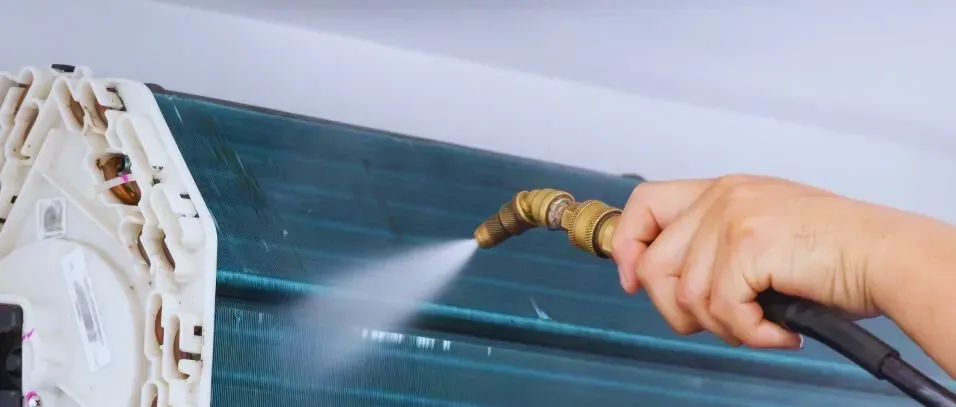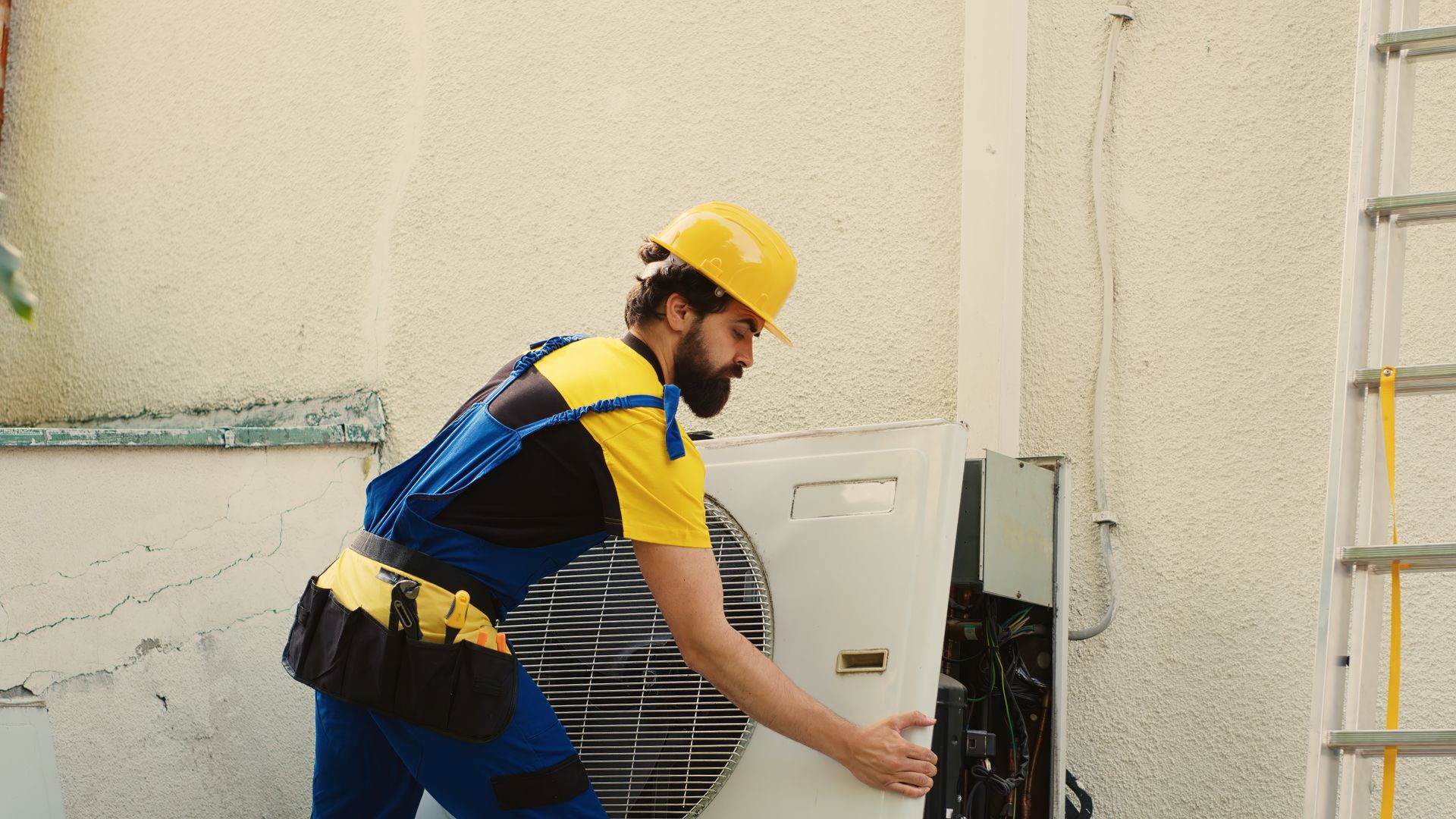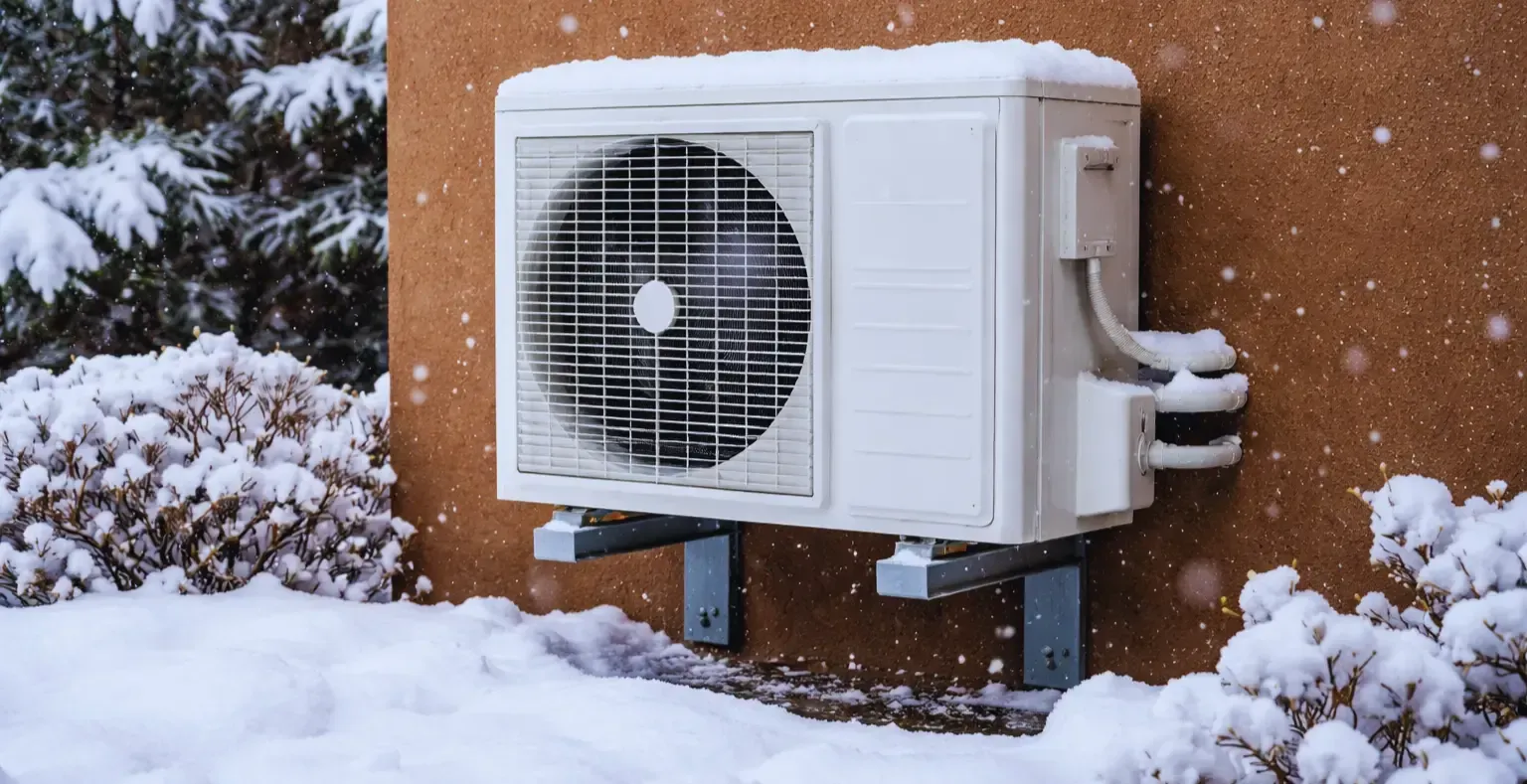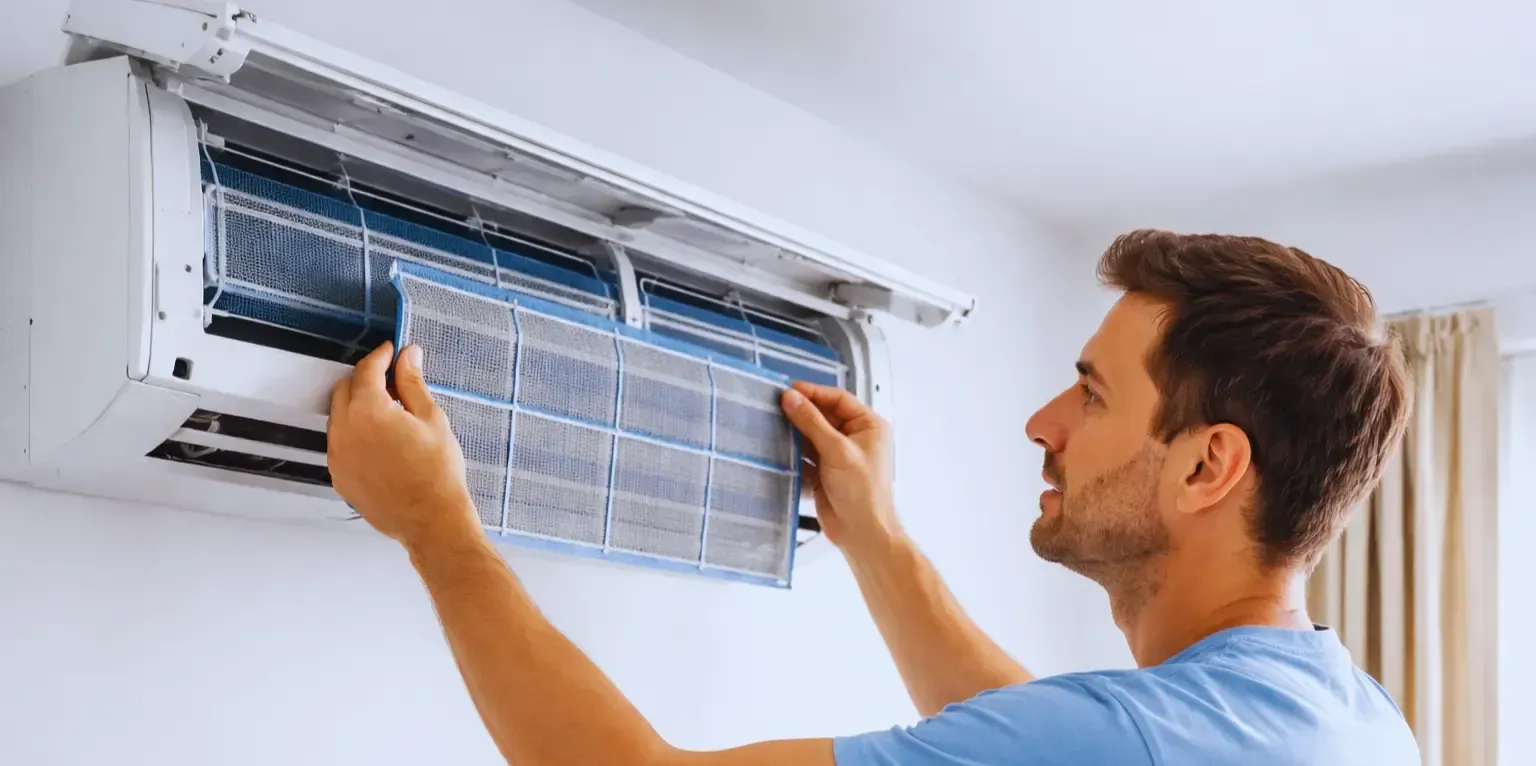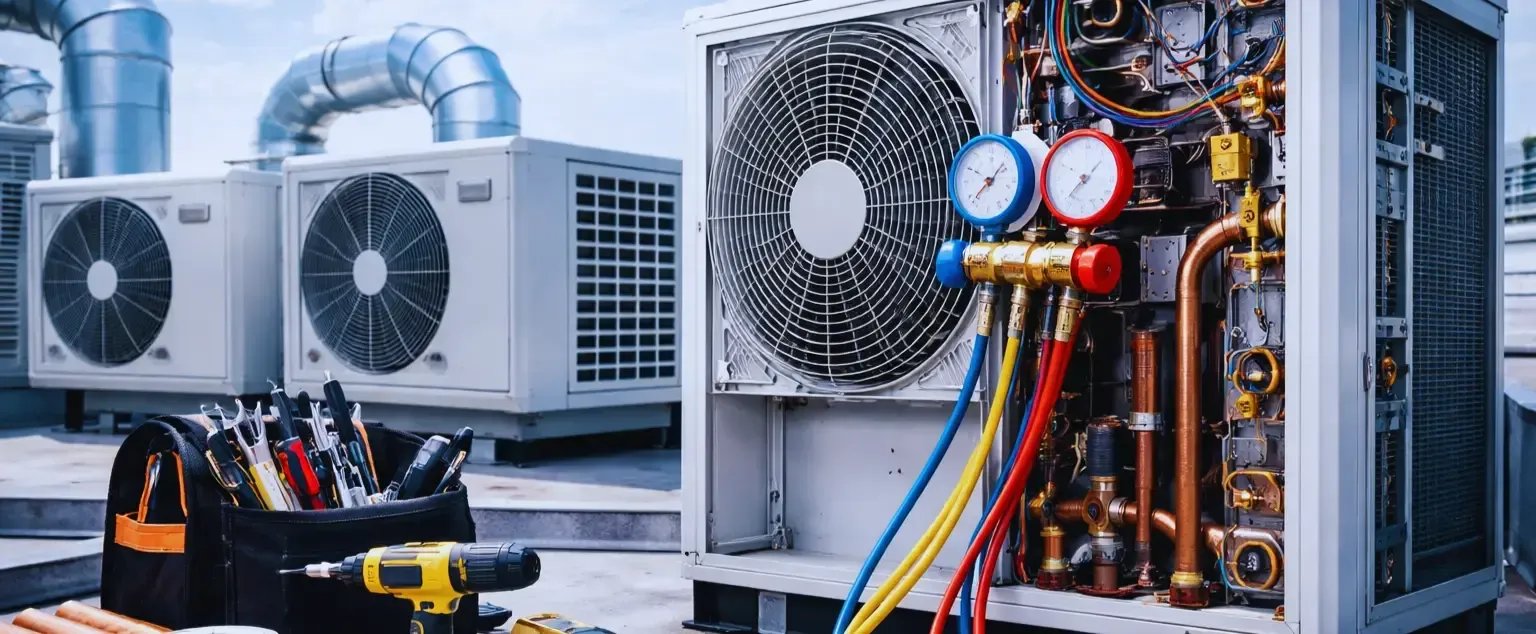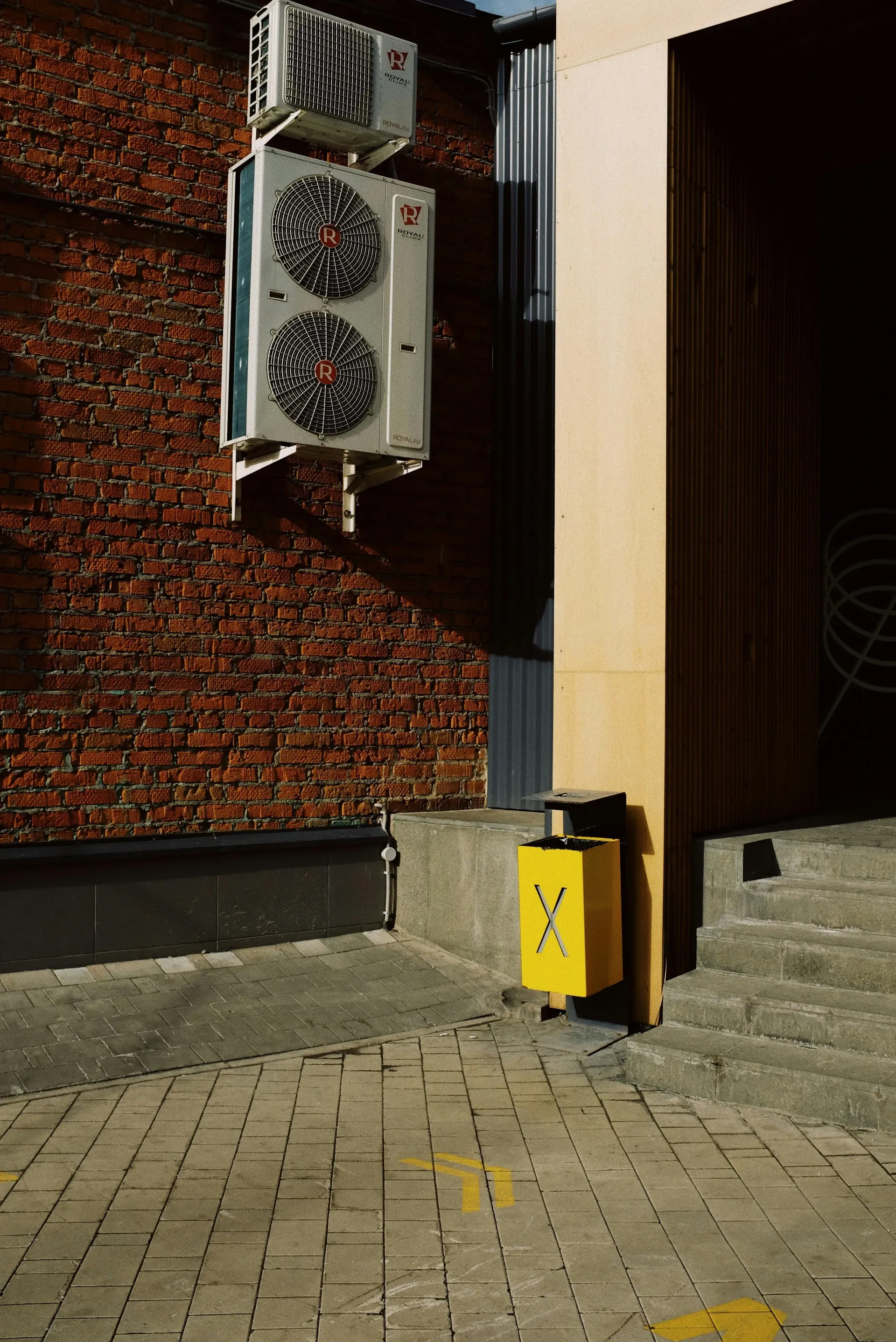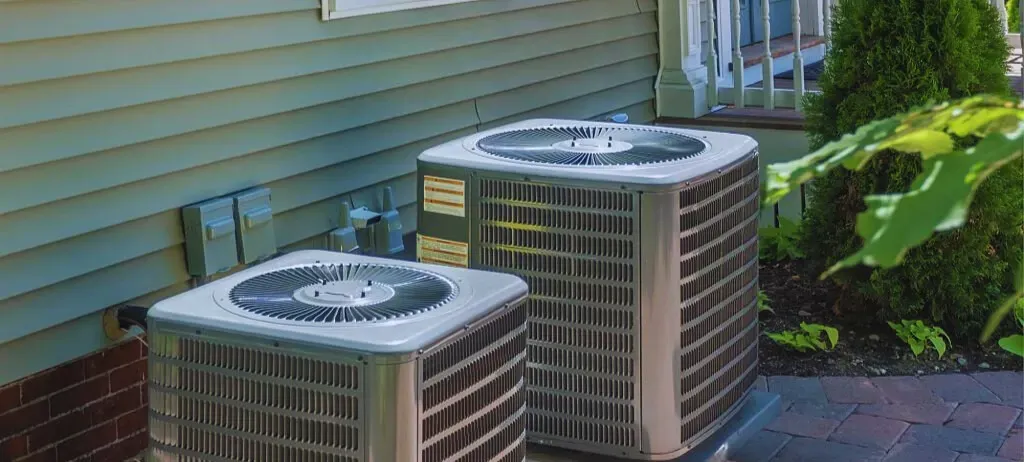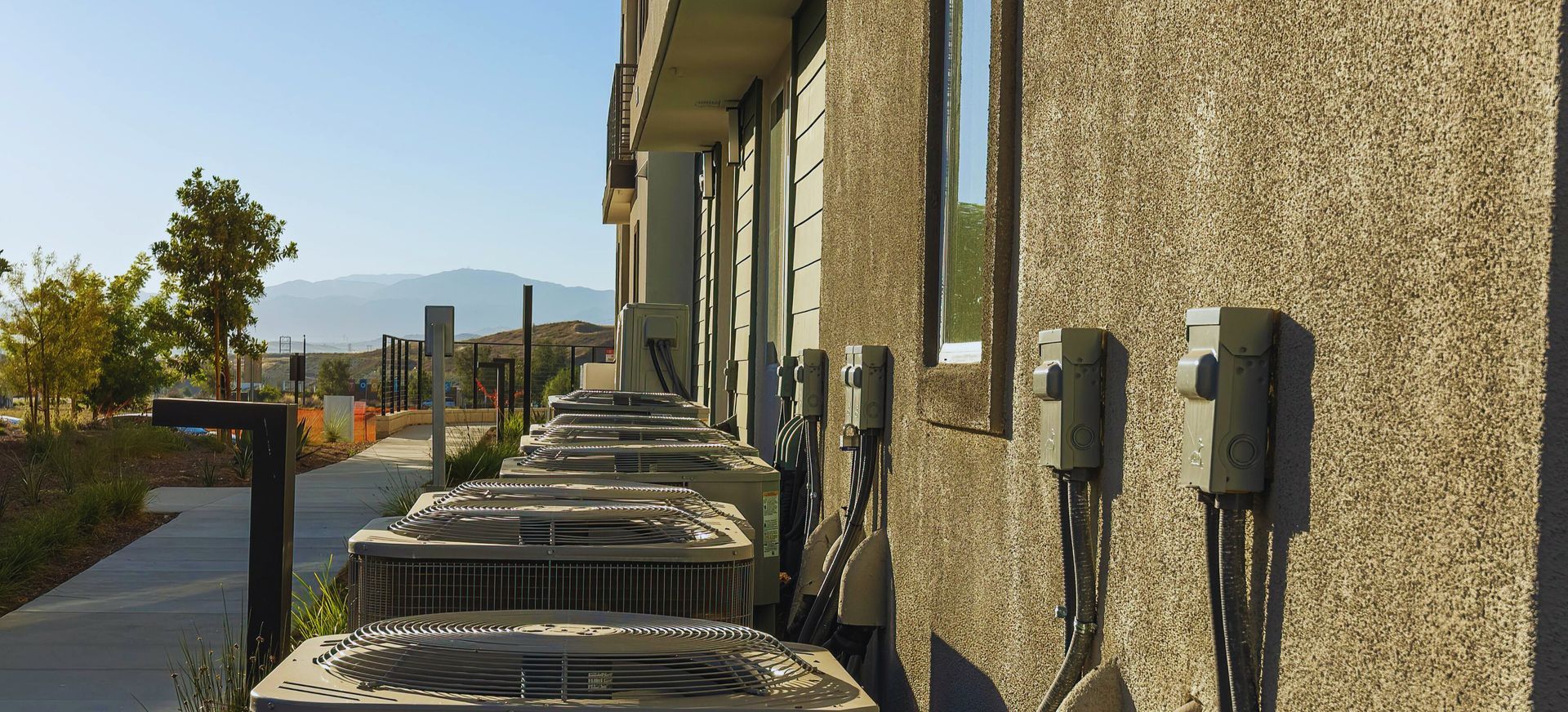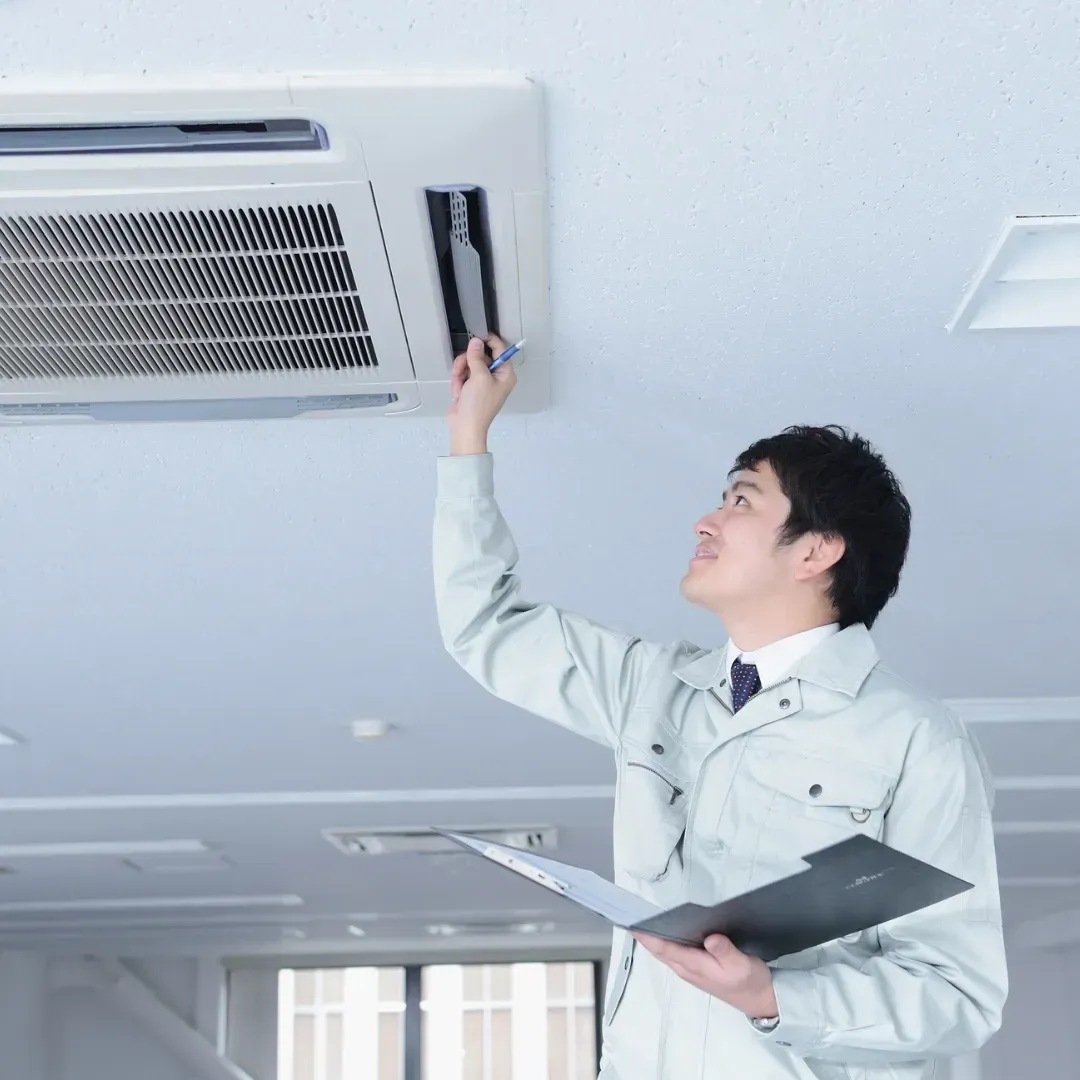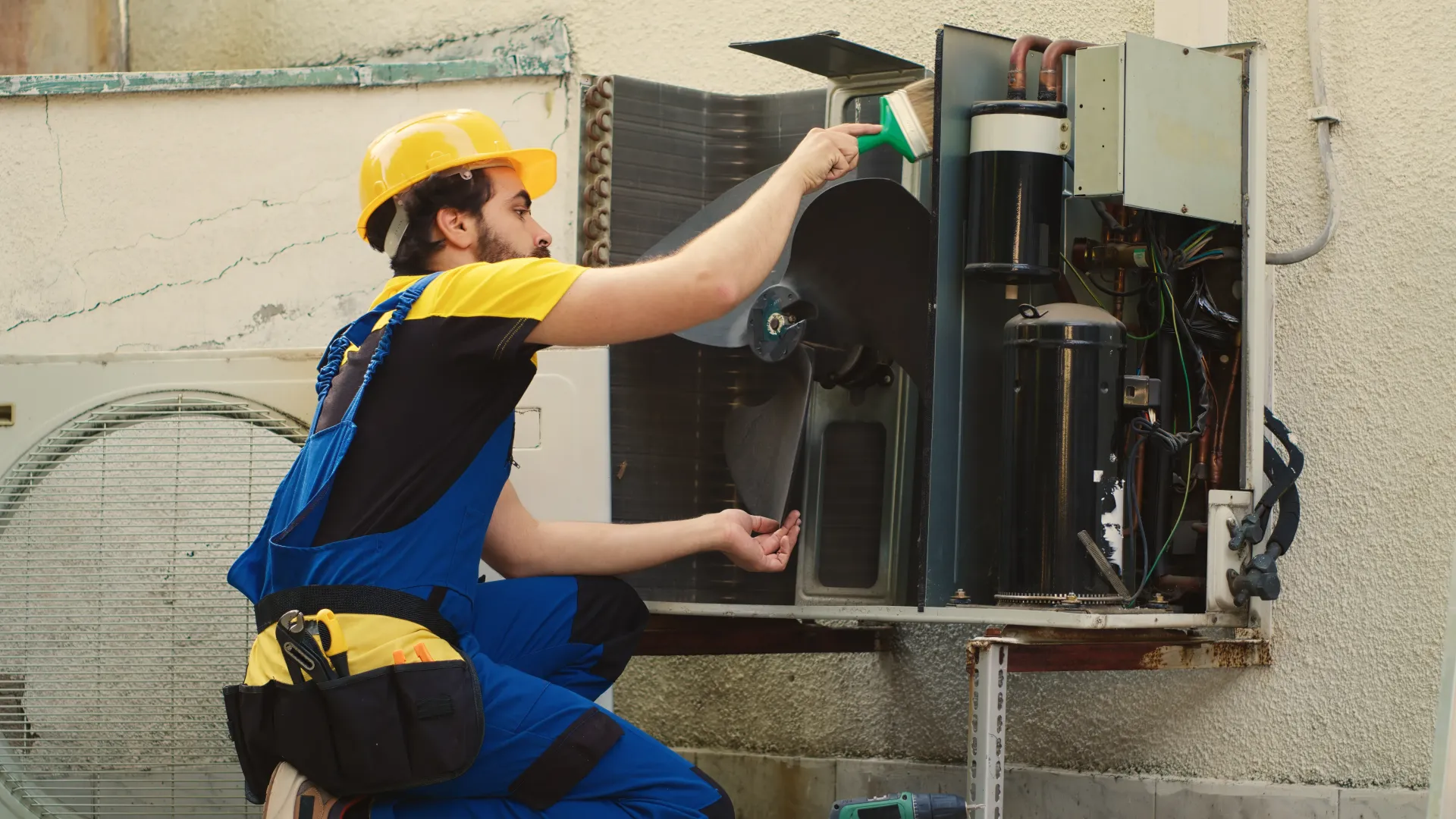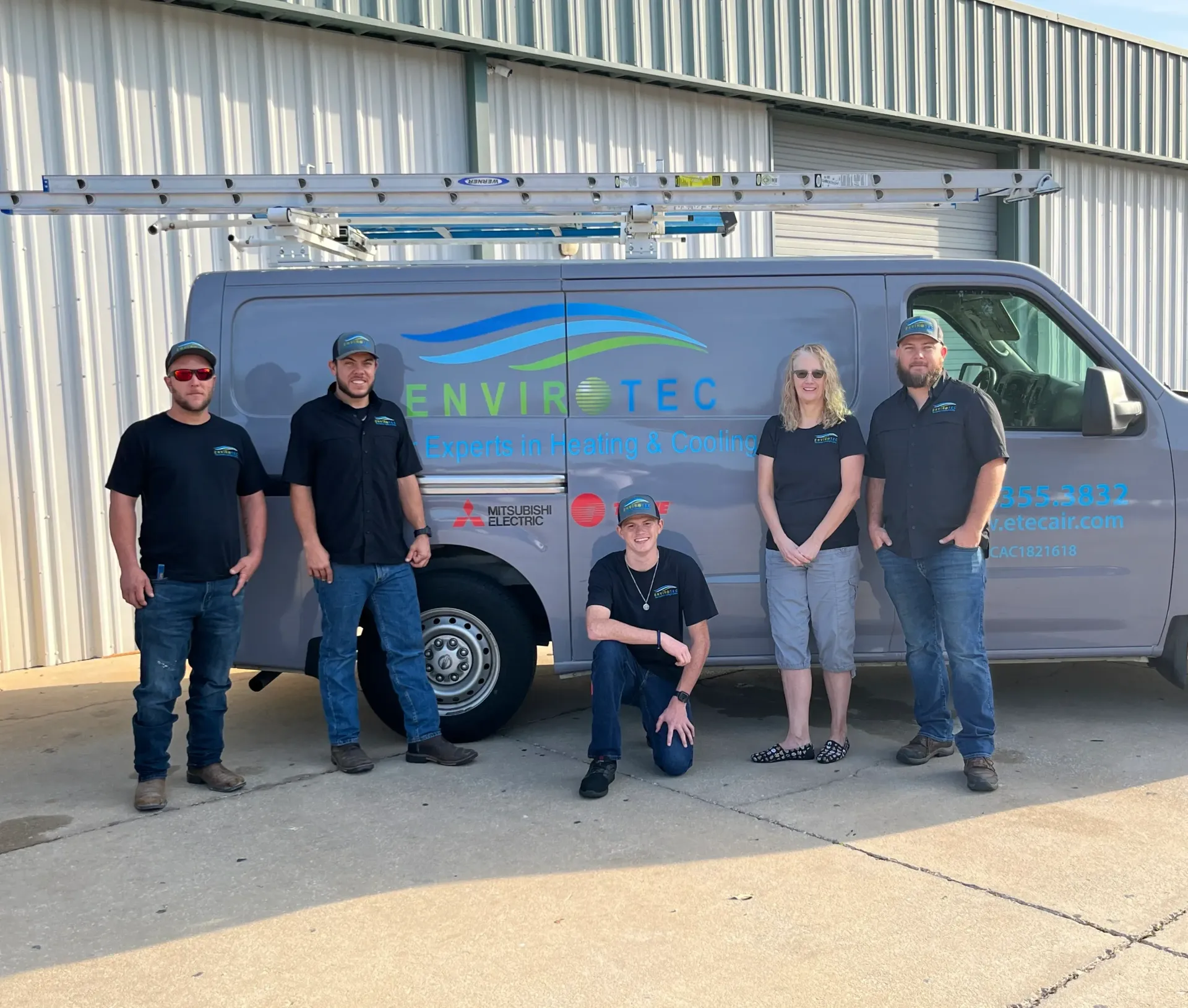Essential Steps to Prepare Your Home for Air Conditioning Installation
Installing a new air conditioning system is no small feat. It requires precision, cooperation, and planning. Without proper prep, you risk delays, damaged property, or even a failed installation. That's why understanding the essential steps to prepare your home for air conditioning installation is key to ensuring comfort, efficiency, and long-term performance.
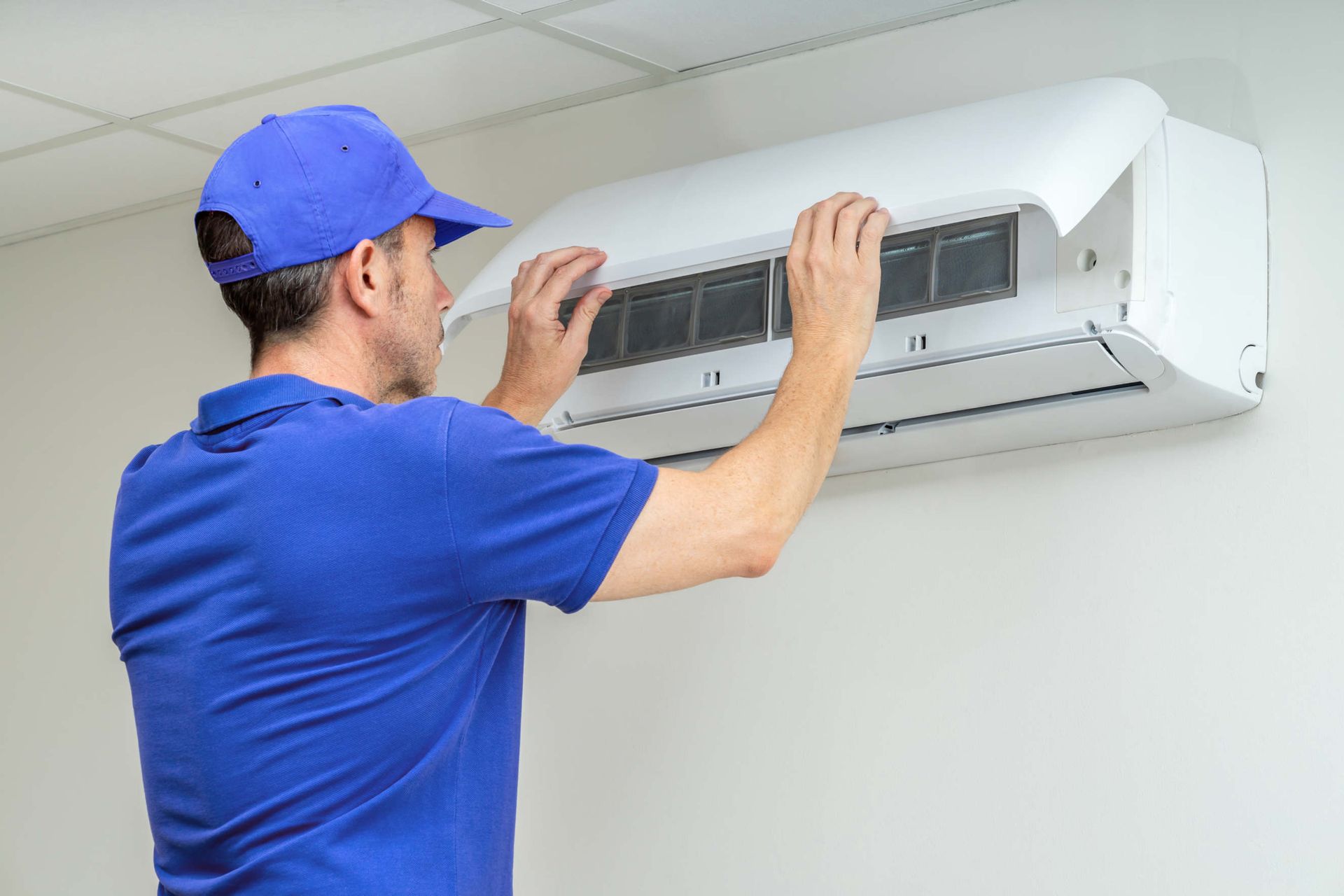
Understanding the Importance of Air Conditioning
In today’s climate, air conditioning is more than a luxury—it’s a necessity. From controlling indoor humidity to enhancing indoor air quality, a well-installed system keeps your family cool, comfortable, and healthy. And, as the demand for efficient cooling grows, so does the need to plan wisely before an installation.
What Happens During a Typical Installation
Typically, an HVAC technician will inspect your current system (if you have one), measure the space, install the indoor and outdoor units, connect electrical components, test the unit, and make final adjustments. Knowing this helps you understand why certain preparations are non-negotiable.
Assess Your Existing HVAC Infrastructure
Before jumping into installation, evaluate the existing setup. If your home had an older HVAC system, check for outdated wiring, leaky ductwork, or an insufficient power supply. If you're building from scratch, you'll need to prepare everything from the ground up.
Why an Energy Audit Might Be a Good First Step
An energy audit can identify inefficiencies in your home that affect HVAC performance. From poor insulation to air leaks, solving these issues before installation maximizes your new AC’s performance.
Clear Communication With the Installation Team
Miscommunication can cause massive hiccups. Before your HVAC team arrives, discuss:
- Scope of work
- System type and specs
- Timeline
- Any special instructions regarding access or pets
Feel free to use this contact form to coordinate directly with your service provider.
Create a Clear Pathway for the Technicians
Technicians need unimpeded access from their vehicles to your HVAC unit. Clear out hallways, staircases, and entryways. It’s a simple gesture that saves hours.
Clear Outdoor Units Area of Debris
The outdoor condenser needs room to breathe. Remove any shrubs, branches, or debris at least 2-3 feet around the unit’s planned location. This prevents obstructions and optimizes airflow.
Measure Access Points for Equipment
Some AC units, especially ductless mini-splits or multi-zone systems, can be bulky. Measure doorways and hallways to ensure the equipment can fit without hassle.
Consider Room Layout and Furniture
You might need to rearrange your furniture—temporarily or permanently. Leave enough space around vents and wall-mounted indoor units to ensure efficient air distribution.
Inspect Your Electrical System’s Compatibility
Your current electrical setup may not support a new high-efficiency unit. An electrician or HVAC expert can verify this. Some systems may require 220V access or a dedicated breaker line.
Upgrade Your Circuit Breaker if Needed
Old circuit breakers often lack the capacity for modern HVAC systems. Upgrading now prevents overheating, breaker tripping, and potential fire hazards.
Install a Dedicated Electrical Line
Modern AC units often demand their own power source. A dedicated line helps isolate electrical load, ensuring system stability and reducing strain on the household circuit.
Evaluate and Clean Existing Ductwork
Ducts are the veins of your HVAC system. Dirty, clogged, or poorly insulated ducts reduce efficiency and air quality. Get them cleaned and evaluated before installation day.
Seal and Repair Duct Leaks
Duct leaks can slash system efficiency by 20% or more. Sealing leaks with mastic or foil-backed tape ensures your new AC performs as expected.
Ensure Proper Vent Placement
Vents need to be strategically located for optimal airflow. You may need to shift or add vents depending on the unit type and home design.
Secure Pets and Children During Installation
For safety’s sake, keep pets and small children away from the work area. Loud noises, unfamiliar faces, and open doors can create hazards or distractions.
Provide Adequate Lighting for Technicians
Good lighting accelerates the installation process. Whether it’s natural or artificial, ensure technicians can see clearly in attics, basements, or crawl spaces.
Ensure Easy Access to Utility Areas
The install team will need access to electrical panels, water shutoffs, and perhaps even your attic. Make sure these areas are unlocked and accessible.
Protect Furniture and Flooring
Cover furniture and flooring near the install site with drop cloths. Dust, debris, and accidental scratches are all part of the process—best to be proactive.
Remove Wall Hangings Near Work Areas
Pictures, clocks, and décor should be taken down temporarily. Vibrations from drilling or hammering can cause them to fall.
Schedule Around Family Routines
Installing an AC unit takes time and may involve power outages. Coordinate installation during times of minimal household disruption.
Understand Local Weather for Ideal Install Time
Try to schedule during dry, mild weather. Rain can delay installation or affect electrical work. In hotter areas, early morning slots are best.
Avoid Installing During Rainy or Humid Days
Moisture poses serious safety and performance risks. If bad weather is forecasted, reschedule to protect your investment.
Know What Permits Are Required
Some areas require permits for new HVAC installations. Your contractor usually handles this, but double-checking avoids delays or fines.
Prepare Warranty and Registration Papers
Register your product with the manufacturer as soon as installation is complete. Keep receipts, warranties, and manuals in a dedicated folder.
Post-Installation Checklist for Homeowners
After the install:
- Ensure thermostat is calibrated
- Listen for strange noises
- Check airflow in every room
- Confirm refrigerant levels
- Review warranty and documentation
Initial Test Run: What to Expect
Once the system is turned on, expect to feel cool air within minutes. The unit should run smoothly, without loud noises or vibrations. If anything feels off, report it immediately.
Maintenance Tips After Installation
To protect your investment:
- Change filters monthly
- Schedule seasonal check-ups
- Keep vents unblocked
- Watch for unusual performance dips
Schedule regular HVAC System Service to ensure long-term efficiency and lifespan.
Optimize Thermostat Placement
Avoid placing the thermostat in direct sunlight or near heat sources. Central locations give a more accurate temperature reading.
Add Insulation to Maximize Efficiency
Proper insulation reduces load on your HVAC system, saving energy and boosting performance. Focus on attic and wall insulation.
When to Call an HVAC System Service Provider
Don’t wait until a problem arises. For installation prep, troubleshooting, or annual maintenance, trusted professionals like Etec Air are just a call away.
How to Choose the Right Installer
Look for:
- Proper certifications and licensing
- Transparent pricing
- Positive reviews
- Experience with your AC brand
Trust matters when it comes to comfort.
Final Walkthrough and Communication
Before the crew leaves, ask for:
- A tutorial on your new system
- Maintenance schedule guidance
- Emergency contact info
This builds confidence and ensures you’re ready to use your AC from day one.
Essential Steps to Prepare Your Home for Air Conditioning Installation
To truly benefit from a new air conditioning system, preparation is everything. From clearing paths and verifying electric setups to inspecting ducts and insulating properly, each step contributes to a seamless, efficient installation. Following these guidelines means fewer headaches, faster installs, and peak performance from day one.
Frequently Asked Questions
How long does an AC installation typically take?
Most standard residential installations are completed in one day, though complex setups may take longer.
Can I stay home during the installation?
Yes, but it’s best to keep clear of work zones and coordinate with your HVAC team on access needs.
Do I need to replace ducts during a new AC install?
Not always. A thorough inspection will determine if your existing ductwork is sufficient.
Will the installation be noisy?
Yes. Expect drilling, hammering, and general construction noise. It’s temporary but necessary.
Should I tip the HVAC technicians?
Tipping is appreciated but not required. Offering cold drinks or a positive review goes a long way.
What happens if my home isn’t ready?
Installation may be delayed or rescheduled, and you might incur extra fees. Preparing ahead prevents this.
Links:
